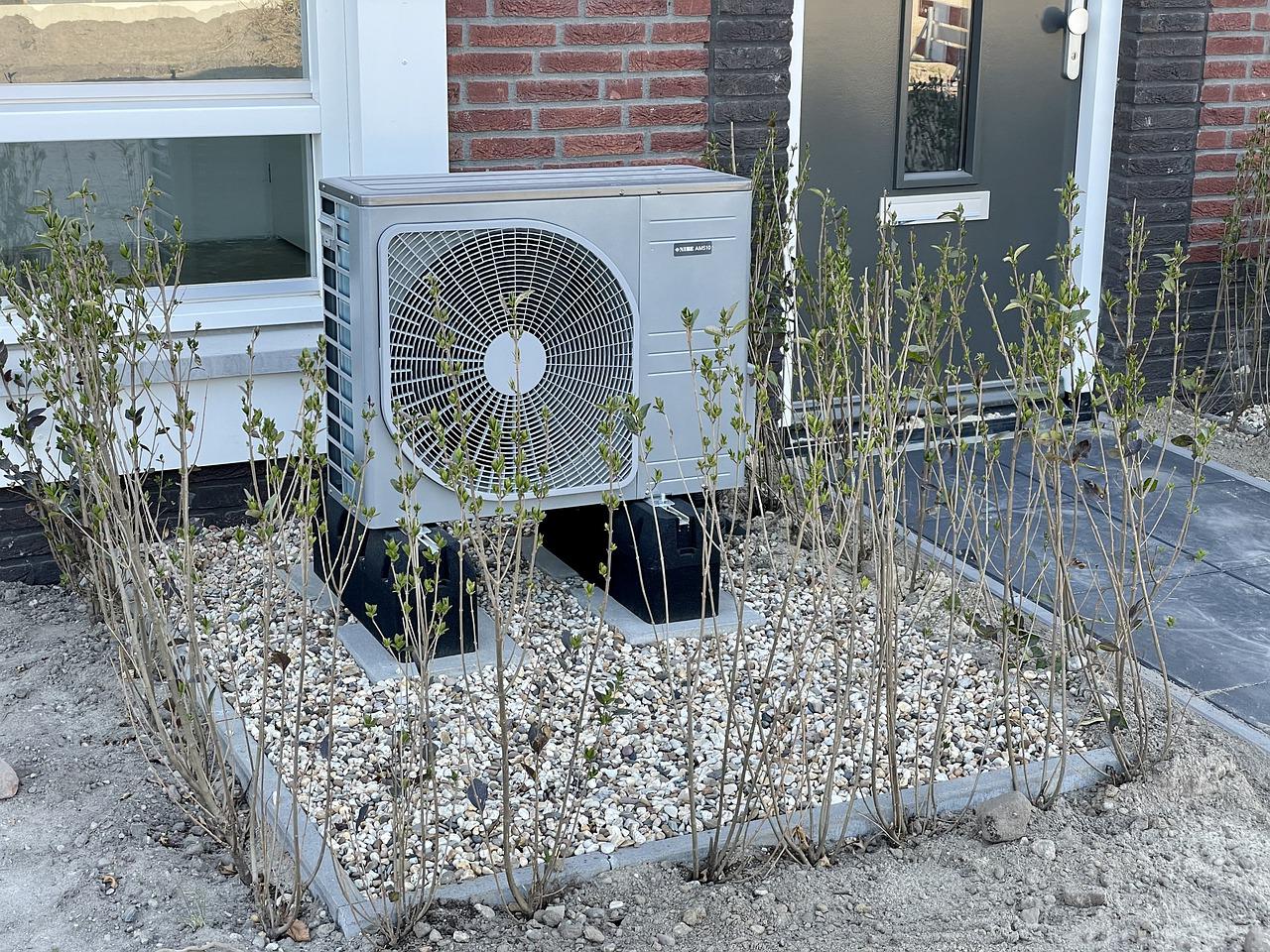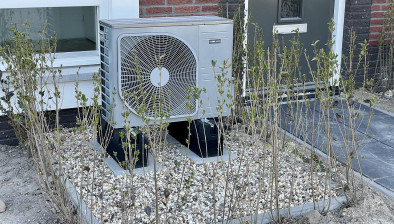WWF Scotland publishes report into faster deployment of heat pumps

Scotland could successfully make the switch from traditional oil and gas boilers to electric heat pumps to keep our homes warm, affordable to heat and climate-friendly, according to a new report by WWF Scotland.
The analysis by Cambridge Architectural Research found that heat pumps can be fitted in all types of Scottish homes and are likely to be a cheaper way to heat our houses when Scottish Government proposals come into force in 2025. The report said around half of homes will require moderate cost insulation improvements to enjoy cheaper bills with heat pumps. With renewables providing the vast majority of Scotland’s electricity, they can also cut a typical Scottish home’s annual carbon emissions by up to 90%.
Presently homes account for 30% of all energy used in Scotland, with 90% of that coming from fossil fuels. The switch to renewable heat is happening too slowly, with emissions from homes falling only 2% since 2015. With high fossil fuel prices driving the cost-of-living crisis, heat pumps and energy efficiency measures are the best way to minimise fuel poverty and tackle climate change at the same time.
The Scottish Government has already proposed regulations that would require low-carbon heating and energy efficiency to be installed in specific circumstances – such as when replacing a boiler or purchasing a house. These proposals are vital to increase activity, and are going in the right direction, but WWF is urgently calling for more detail and more ambition.
These vital regulations could help lower energy bills, but households will need support with initial upfront costs. That’s why WWF Scotland is also calling on the Scottish Government to continue providing grants alongside regulations, with households in fuel poverty having all costs covered with upfront grants provided to others. The estimated cost of installing a heat pump starts at around £12,000, but with current Scottish Government grant support, the amount paid by householders starts from around £4,500. Some of these upfront costs are a one-off due to the change of heating system and costs are likely to fall as supply chains expand and mature.
With regards to the Scottish Government’s own climate targets, WWF’s analysis shows the need for more ambition, or we risk emissions being more than double (2.6 million tonnes more) than its 2030 target for homes. Regulation is crucial to increase installations of energy efficiency and clean heating. To cut emissions faster, WWF is calling on the Scottish Government to set bring forward deadlines for action including:
- Bring forward the deadline for all homes in Scotland to reach a minimum standard of energy efficiency from 2033 to 2030
- Require replacement of some gas boilers (older and less efficient models) from 2025 (rather than 2030).
WWF also worked with experts to explore the potential for hydrogen heating. WWF also worked with experts to explore the potential for hydrogen heating. The research suggests that hydrogen, if available at all, should not be relied upon to heat homes. It is unlikely to be available until the next decade and heating costs to households are expected to be high. WWF recommends that low carbon hydrogen should instead be used in sectors of the economy such as heavy industry, heavy transport and peak power generation. [8]
Fabrice Leveque, energy policy manager at WWF Scotland, said: “Our reliance on gas and oil boilers is driving up our energy bills and creating damaging carbon pollution. Scotland is a renewable energy powerhouse, and we can harness that to heat our homes using electric heat pumps.
“New rules proposed by the Scottish Government requiring heating upgrades in some homes are a critical step to boost investment, grow supply chains and bring costs down. But more detail about these plans is urgently needed to secure the benefits of cleaner heating that will free households from unstable fossil fuel prices and make the most of our ever-cheaper renewables.
Chris Stark, chief executive of the Committee on Climate Change, said: “The Scottish Government has big ambitions for decarbonising the economy, but so far there’s been too little action to make these a reality. Cleaning up home heating will require significant investment and this research shows that this is achievable and desirable. A huge amount of value is locked up in housing and accessing this to invest in better heating systems is a vital step to close the gap to our climate targets.”
Rob McGaughey, head of smart heat at ScottishPower, said: “This latest research complements our own findings that electric heat pumps are the best low-carbon solution for many of our homes. We’re already working to make it cheaper and easier for people across the country to access heat pumps and make their properties warmer and more energy efficient. We’re installing heat pumps across the country at lower than the national average cost, and for homes that require fewer updates the price after Scottish Government support can be lower than replacing their existing fossil fuel boiler.”
David Cowdrey, director of external affairs at MCS Charitable Foundation, said: “The evidence could not be clearer: heat pumps are the best way to cut carbon and slash bills. It is encouraging to see that the Scottish Government is considering replacement of polluting gas boilers with clean heat pumps; this new report shows that Scotland can and must go faster in switching all homes to heat pumps.
“To fully harness the potential of this green and cheap heat, Scotland must invest in skills and bring down the upfront costs of installations. We also need reform of energy markets so that the financial benefits of renewables are properly reflected in the price of electricity, bringing down the costs to households even further.”























